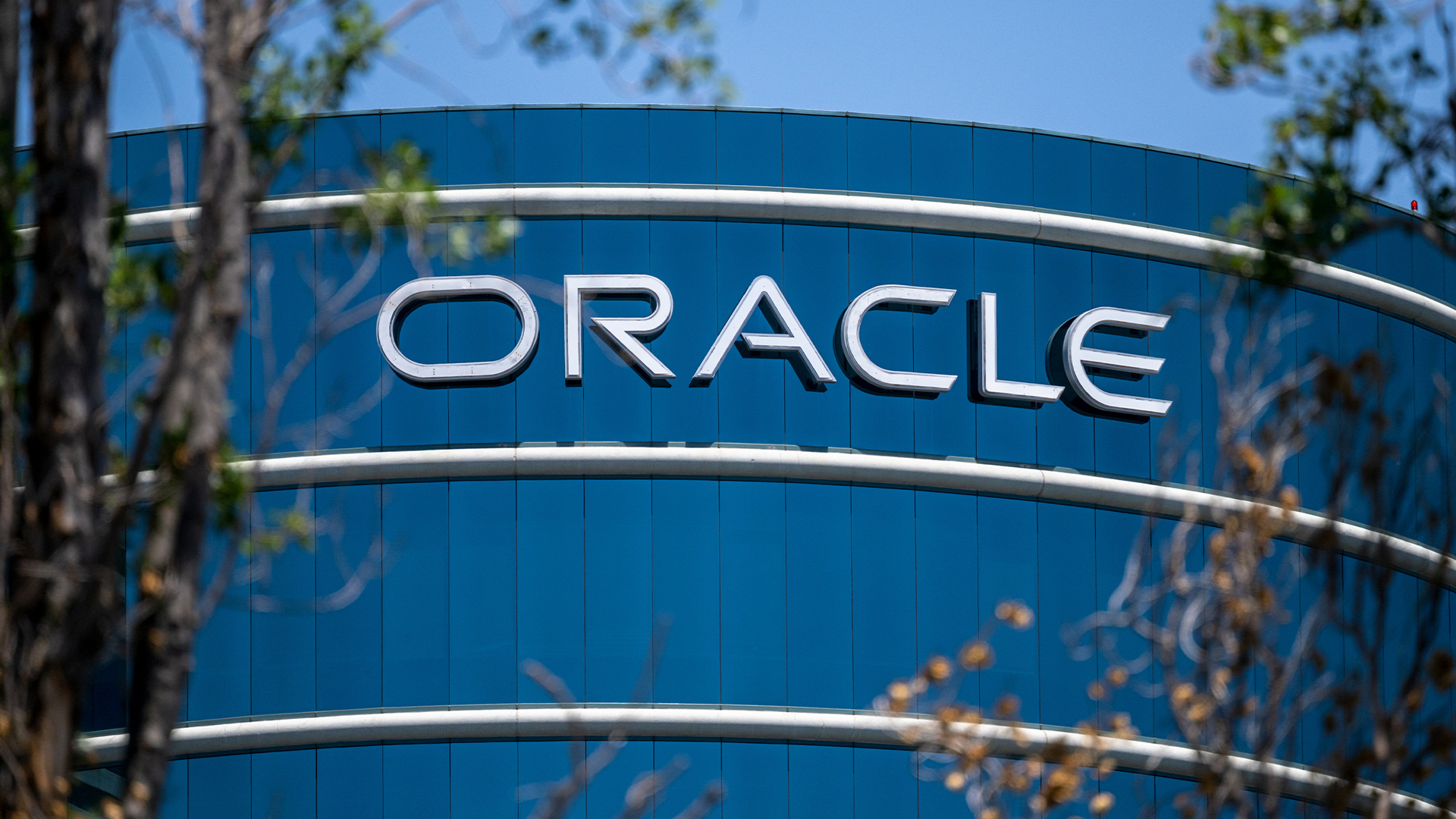Sony reports losses from PSN hack
The major hack attack on the PlayStation Network and the devastating earthquake in Japan have led to losses in Sony’s preliminary results.

Sign up today and you will receive a free copy of our Future Focus 2025 report - the leading guidance on AI, cybersecurity and other IT challenges as per 700+ senior executives
You are now subscribed
Your newsletter sign-up was successful
Sony has reported a 1.97 billion (260 billion) net loss for the end of the financial year, which the company has attributed to the combined disruption of the Japanese earthquake and the damage caused by the PSN hack.
The company is due to release a financial report on Thursday, but the preliminary announcement of the losses today signalled the severity of Sony's situation, as companies on the Tokyo stock exchange must notify investors quickly if they have reason to believe targets will be missed by 30 per cent or more.
Analysts previously predicted a 577 million profit, but instead the released figures represent the company's largest annual loss in 16 years and a drop for the third year in a row.
Sony's estimate for losses from the earthquake, made before the PSN hack occurred between 16 April and 19 April, suggested the company would lose around 1.1 billion, but since the attack hit, further analysis has been difficult.
Sony's chief executive, Sir Howard Stringer, speculated in broad terms on the negative effect the PSN hack would have on the company's finances and customer base, but no specific numbers were given out.
Sony has since invested in a new insurance scheme for PSN users, as well as the cost of repairing and upgrading its online networks. These outgoings, combined with the revenue lost during the extensive downtime following the attacks, form just part of the losses Sony is now facing.
Sign up today and you will receive a free copy of our Future Focus 2025 report - the leading guidance on AI, cybersecurity and other IT challenges as per 700+ senior executives
-
 PayPal poaches HP’s Enrique Lores in surprise CEO appointment
PayPal poaches HP’s Enrique Lores in surprise CEO appointmentNews The veteran tech executive will lead the payments giant into its next growth phase amid mounting industry challenges
-
 Oracle targets financial services gains with new agentic AI suite
Oracle targets financial services gains with new agentic AI suiteNews The cloud giant has unveiled a new series of agents for retail banking providers